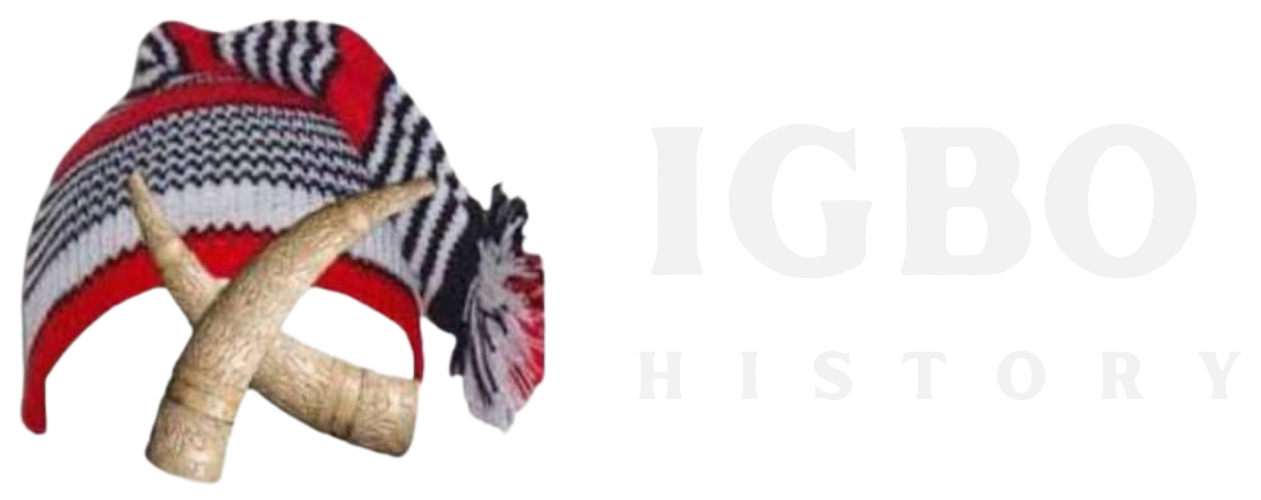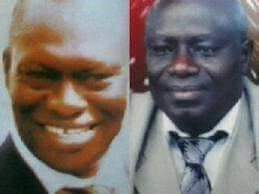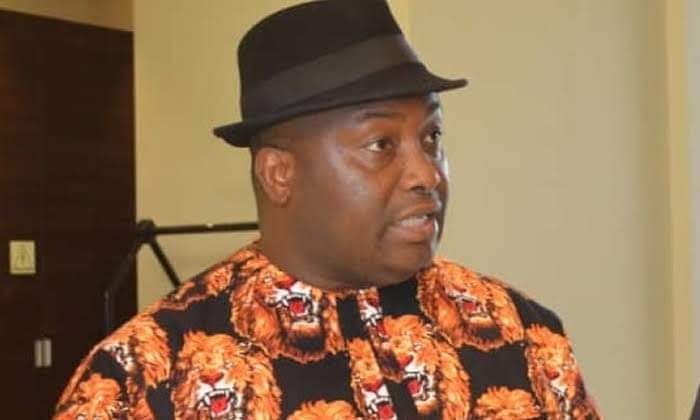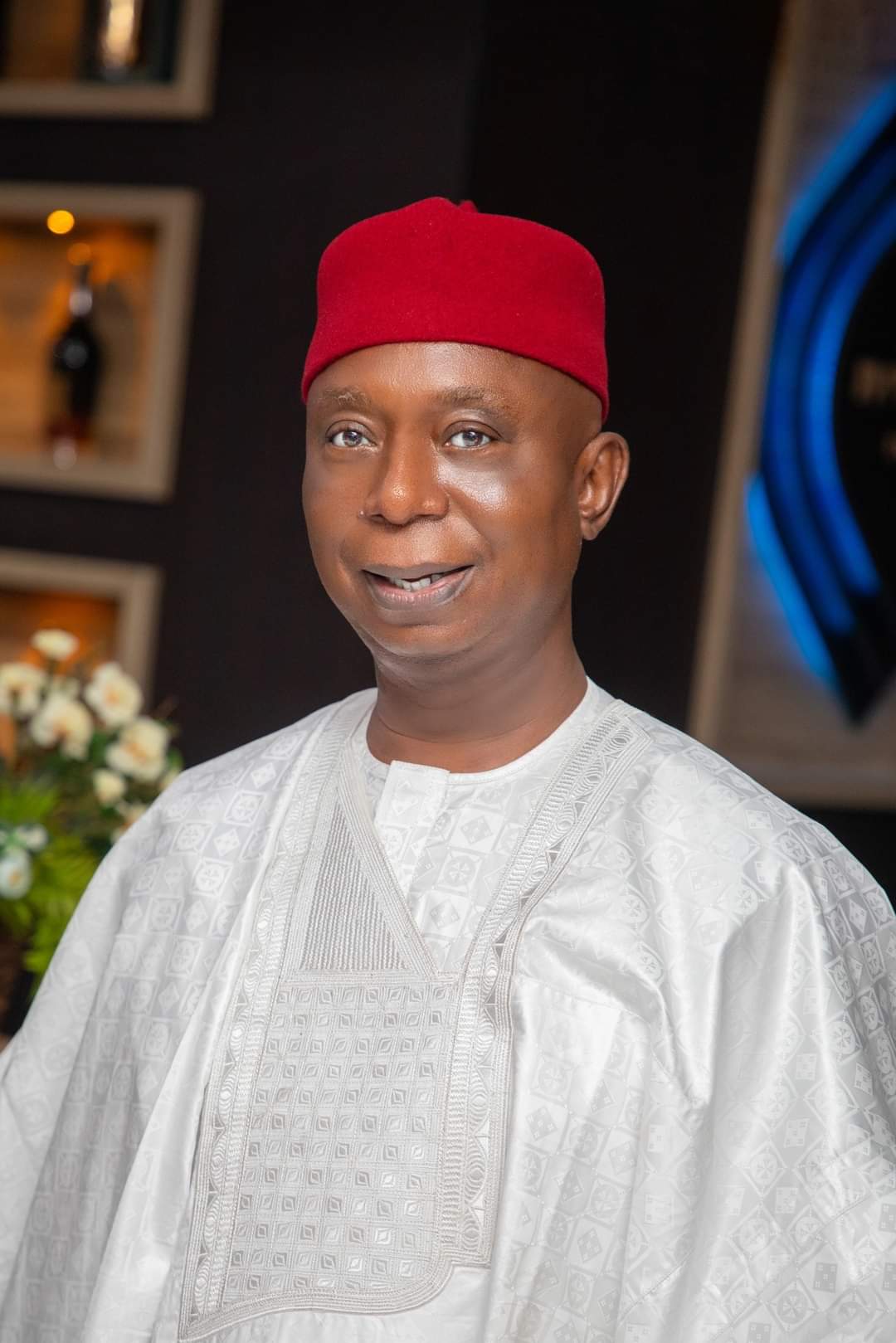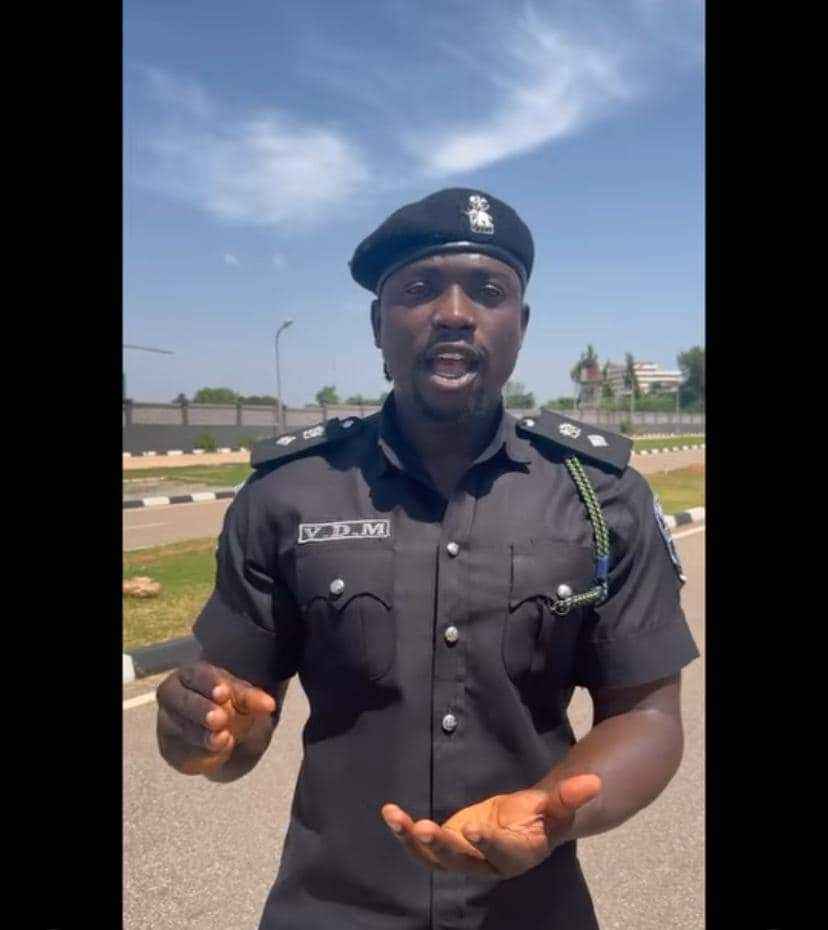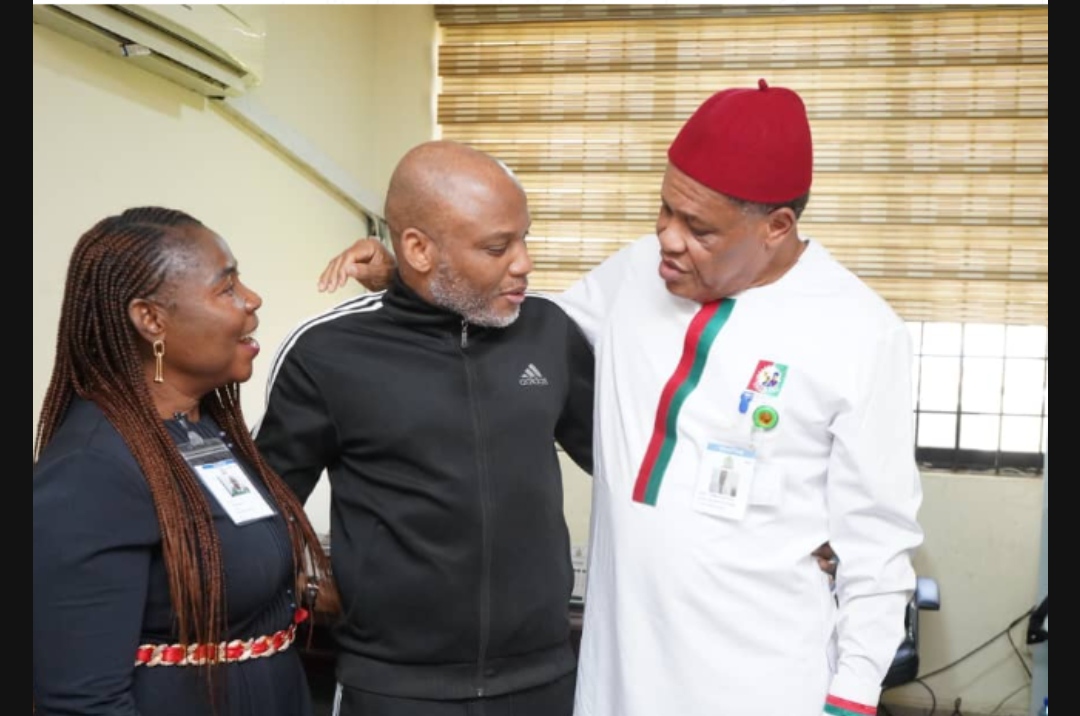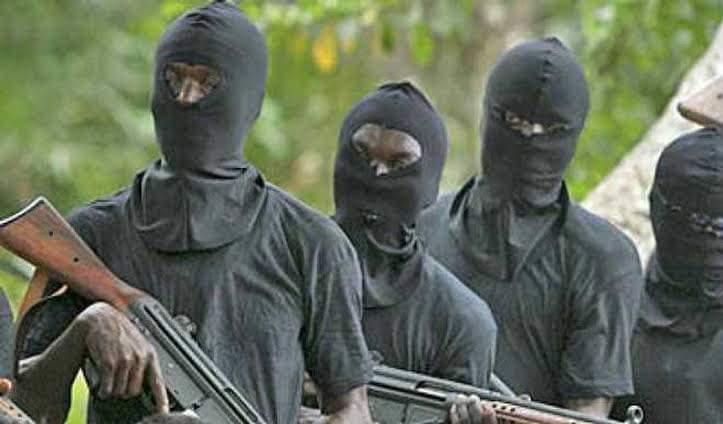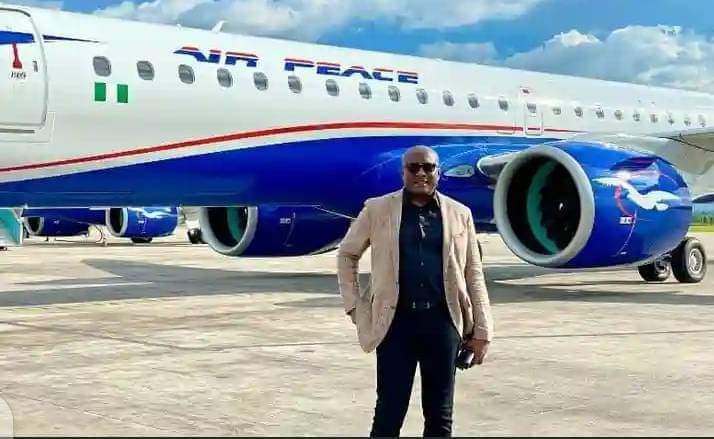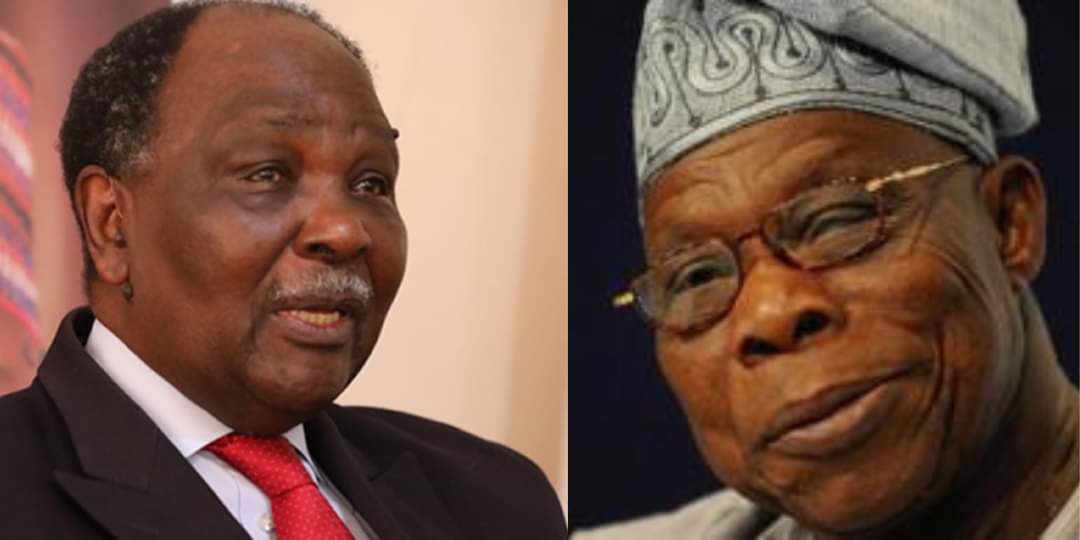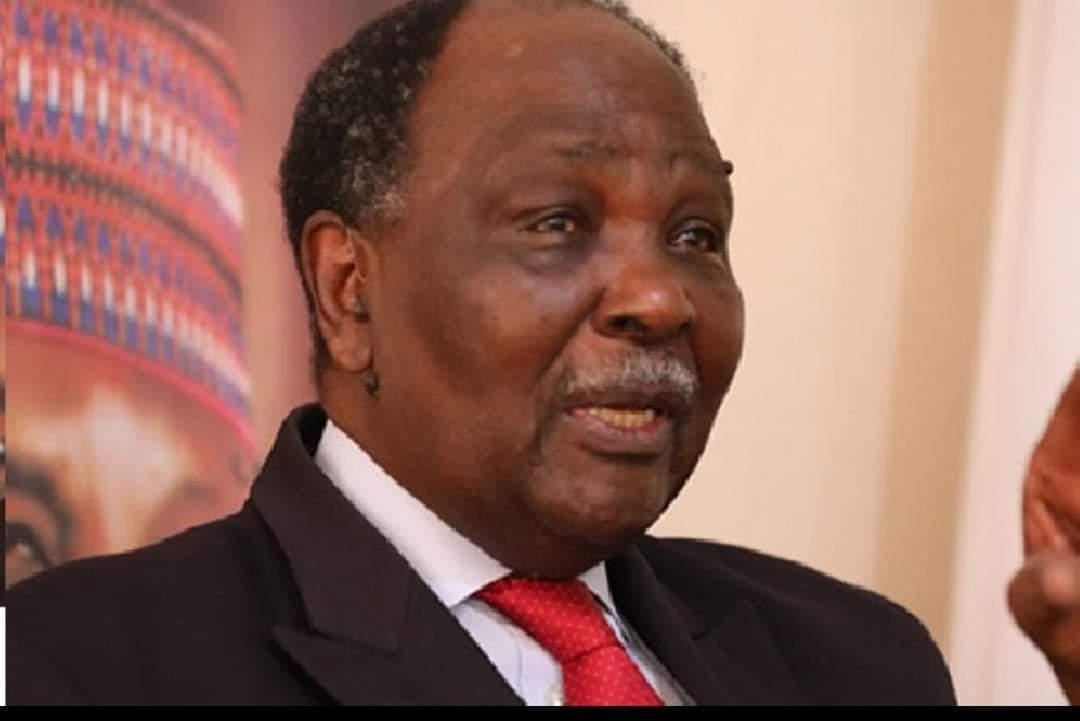During the Nigerian Civil War (1967-1970), the Nigerian Army, backed by Britain, launched a devastating war on Biafra, a region primarily inhabited by the Igbo ethnic group. The conflict was marked by widespread destruction, genocide, and humanitarian crises, particularly in Biafra.
A key figure in the Biafran media landscape was Okoko Ndem, from Ikoneto in Odukpani Local Government Area of Cross River State. He was the driving force behind Radio Biafra, a vital tool for Biafran propaganda during the war. Ndem’s bold and passionate reporting made him a target, leading to his being declared the most wanted man in Nigeria after Chukwuemeka Odumegwu Ojukwu, the Biafran leader. His broadcasts had a significant impact on both the morale of Biafrans and the perception of the war across Nigeria. Some of his notable statements include:
1.“Biafra has a military that no force in Africa can defeat.”
2. “The entire 2nd Division of the Nigerian Army is dead. Happening now at Abagana.”
3. “We have developed a nuclear warhead (Ogbunigwe) that will wipe out the Nigerian Army.”
4. “Awolowo has assured us that as soon as we secede, the West will follow.”
5. “Nigeria is committing genocide against the Igbo.”
6. “Nigeria has blockaded Biafra to cause mass starvation.”
7.“The Yorubas are complaining that the war is lasting too long. They will soon throw in the towel, leaving only the Northerners to fight Biafra. It will be easier to defeat the Northerners!”
8.“It is the British, Russians, and Egyptians who are helping Nigeria gain the upper hand!”
According to Donald Duke, former Governor of Cross River State, Okoko Ndem’s propaganda was so effective that it created uncertainty about the real situation on the ground, even for both sides. This confusion may have contributed to General Yakubu Gowon’s declaration of a “no victor, no vanquished” policy at the war’s end.
Contradictory Broadcasts: The Capture of Enugu
A notable example of the contrasting narratives between Radio Nigeria and Radio Biafra occurred during the capture of Enugu by Nigerian forces. At 1:00 p.m., Radio Nigeria might broadcast:
“This is Radio Nigeria, broadcasting from Enugu, the capital of East Central State. The Nigerian Army has taken full control of Enugu and is conducting mopping-up operations in surrounding villages. Life is returning to normal, and the Nigerian Red Cross is distributing food to refugees. A new civilian administrator, Mr. Ukpabi Asika, has been appointed by Lt. Col. Yakubu Gowon and will soon assume duties in Enugu.”
Meanwhile, at the same time, Radio Biafra, broadcasting from a secret location, would deliver a very different account:
“This is Radio Biafra, broadcasting from Enugu, the capital of Biafra. The sporadic shelling heard in Enugu is the work of saboteurs attempting to assassinate General Ojukwu and hand Biafra over to Gowon. These saboteurs have been identified and are being rounded up. Remain calm, vigilant, and continue with your daily activities. The ringleaders—Lt. Col. Banjo, Major Ifeajuna, and Civilian Major Alele—have been captured, tried, and executed by firing squad. General Ojukwu congratulates all who helped eliminate these traitors. Long live Biafra! Igbo Kwenu!”
The stark contrast between these broadcasts illustrates the intensity of the media war between Radio Biafra and Radio Nigeria, reflecting the larger conflict and the efforts of both sides to control the narrative during one of Nigeria’s darkest periods.
